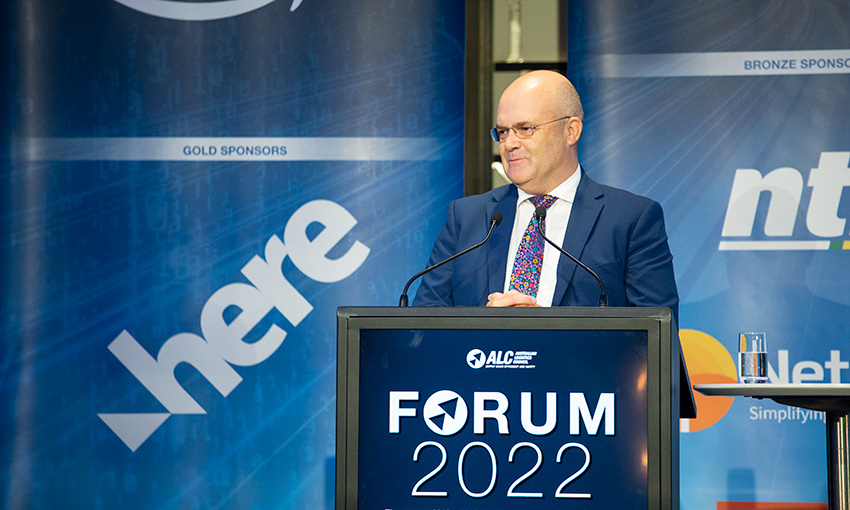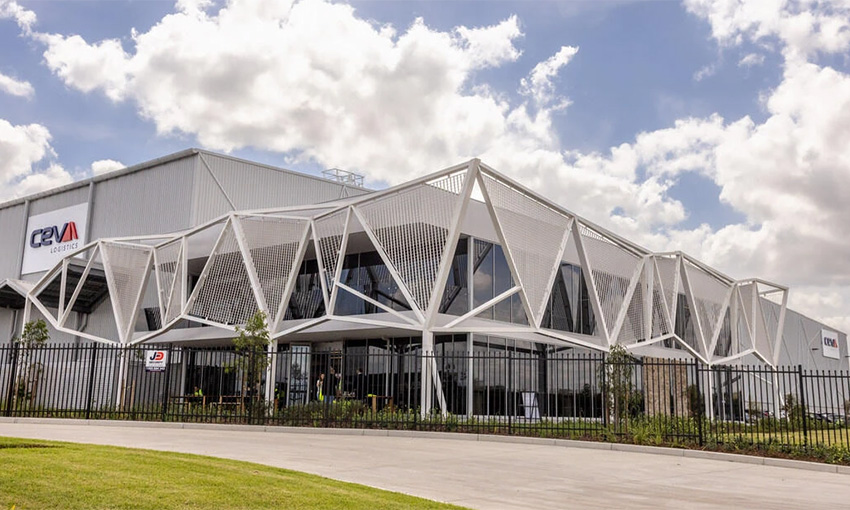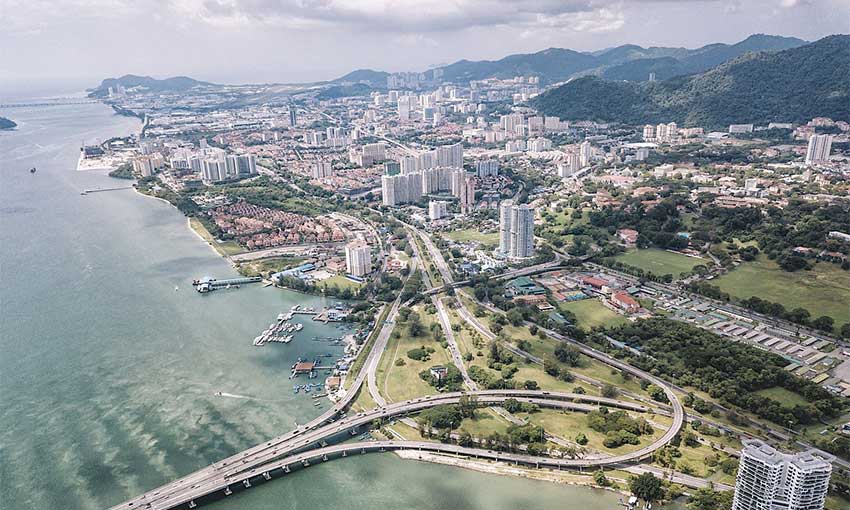LEADERS from the Australian logistics industry gathered on Wednesday to thrash out what the country’s supply chain will look like over the next two decades.
The theme of the Australian Logistics Council Forum 2022 was “the race to 2050 – shaping tomorrow’s supply chain today”.
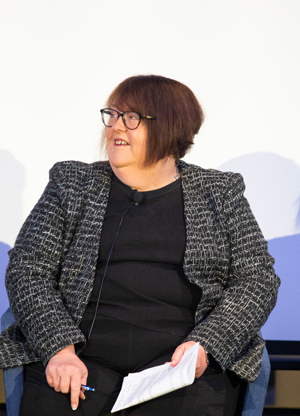
“We think the freight, logistics and supply-chain sector is in a race to 2040 because we still need to meet a growing freight challenge and we need to make adjustments to what was globalisation,” ALC chair Philp Davies said in opening remarks at the forum.
“We all know the enormity of that task. The volume of freight we’re going to carry over the next few years to 2040 is going to increase by 35%, that’s an increase of 270 billion tonnes.”
Mr Davies said there is a great opportunity now to drive policy, structural and technological changes with the new federal government in Canberra.
Indeed, when a panel discussion the state of the nation was asked what the first thing would be to cross the incoming infrastructure minister’s desk would be, all answered that skills shortages would be a major issue going forward.
On the panel was Australian Chamber of Commerce and Industry director, economics, employment and skills Jenny Lambert. She said supply chain resilience and labour and skills shortages would be the first things the new government would deal with.
“Skills and labour shortages, and if there’s one thing you can say in the past two years, many things have come out of the pandemic, but the two words supply chain have been said more in Canberra over the past two years than any other two words except for COVID and pandemic,” she said.
However, Ports Australia CEO Michael Gallacher said he knows what the first thing across the new minister’s desk would be, and that’s the report on the Productivity Commission’s inquiry into Australia’s maritime logistics system.
“That’s going to impact everyone in this room, and we need to ensure that there are calm heads in relation to it, not people from outside with thought bubbles,” Mr Gallacher said.
“It’s going to have to be a measured response from right across the supply chain. This is about the future of the country, in terms of not just the past two years, it’s going to be longer than that.”
Another topic the panel tackled was about the biggest challenge facing the Australian logistics space right now.
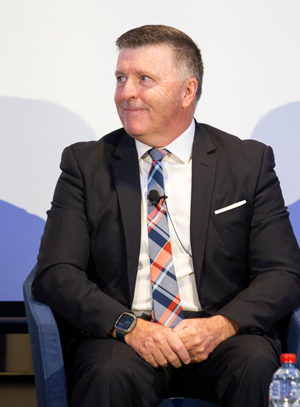
Mr Gallacher said a big challenge is for government to “think through our place in the global supply chain”.
He said Australia is a small piece of the global supply chain.
“We are not even the tail that is trying to wag the dog,” he said.
“Policy is so often focused on those who are screaming and whinging at you and complaining. The reality is that there has to be a reality check on our ability to change some of those things that are disrupting our supply chain – here are things that we can’t do. There are things we can do domestically that can streamline and improve things, but at the same time we need to recognise there are things that are outside of our control.”
And Mr Gallacher said the lack of an Australian-flagged fleet will be another challenge going forward.
“We have a situation where, when I was a young bloke, we had over 100 Australian-flagged vessels running around the country with Australian crews on them,” he said.
“And now we’ve got about a dozen and none of them move containers internationally, none of them move fuel internationally, none of them are doing breakbulk internationally. We are at the hands of overseas shipping lines. How are we going to change that?”

